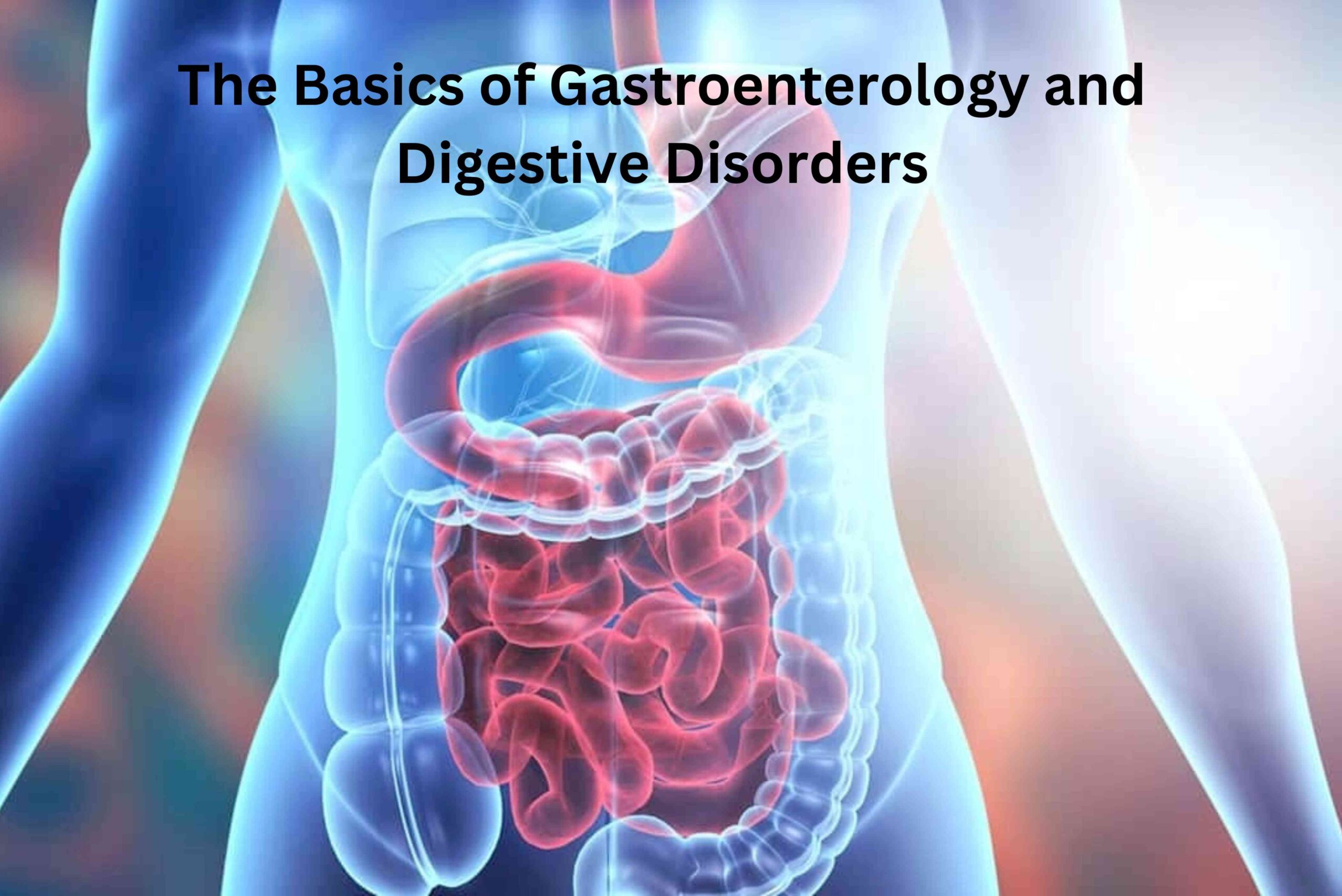The Basics of Gastroenterology and Digestive Disorders

Gastroenterology is a medical specialty that focuses on understanding the digestive system and aiding its proper function. The health of the digestive system plays a role in how the body processes and absorbs nutrients. From diagnosing conditions to offering treatments, gastroenterology addresses a wide range of issues impacting quality of life.
What Is Gastroenterology?
Gastroenterology is a medical field that focuses on the health of the digestive system, also known as the gastrointestinal (GI) tract. This specialty addresses conditions and disorders affecting organs like the stomach, intestines, liver, pancreas, and esophagus. Gastroenterology experts, known as gastroenterologists, are trained to use advanced diagnostics and treatments to manage digestive health.
The digestive system plays a helpful role in breaking down food, absorbing nutrients, and eliminating waste. When issues arise within this system, they can impact overall health and quality of life. By identifying and addressing digestive concerns efficiently, gastroenterology specialists help patients maintain healthier lifestyles.
What Are Digestive Disorders?
Digestive disorders encompass a range of conditions that interfere with the normal function of the gastrointestinal system. These conditions may manifest through symptoms that affect digestion, nutrient absorption, and waste elimination. Anyone can experience digestive disorders at some point in life, as various factors, including diet, genetics, and lifestyle, may trigger them. Understanding what these disorders involve helps individuals seek the proper care and treatment.
What Types of Digestive Disorders Are There?
Digestive disorders are diverse and can affect different areas of the GI tract. Here are some of the different types:
- Acid Reflux (GERD): A condition where stomach acid flows back into the esophagus, leading to symptoms like heartburn and discomfort.
- Irritable Bowel Syndrome (IBS): A condition that causes abdominal pain, bloating, and changes in bowel habits.
- Inflammatory Bowel Disease (IBD): Includes Crohn’s disease and ulcerative colitis, which involve chronic inflammation of the intestines.
- Celiac Disease: An autoimmune disorder triggered by consuming gluten, causing damage to the small intestine.
- Liver Diseases: Conditions like fatty liver disease or hepatitis that affect liver function.
- Digestive Cancers: Such as colon, pancreatic, or stomach cancer, which require specialized care.
What Are the Causes and Symptoms of Disorders?
Digestive disorders can arise from multiple causes. Dietary habits, infection, genetics, and underlying medical conditions are some contributors. Celiac disease, one such disorder, is caused by gluten intolerance, while IBS may stem from a combination of stress and dietary triggers. Environmental factors and certain medications can also weaken the digestive system.
Symptoms of digestive disorders include abdominal pain, bloating, nausea, vomiting, diarrhea, constipation, and weight changes. Some disorders, like GERD, may cause heartburn, while others, like IBD, may result in persistent fatigue. These symptoms shouldn’t be ignored, as they may indicate underlying conditions requiring professional care.
What Treatments Do Gastroenterologists Provide?
Gastroenterologists provide treatments designed to address specific digestive needs. Their approach typically begins with comprehensive diagnostic testing, including blood tests, imaging scans, and endoscopic procedures. These tools allow specialists to pinpoint the source of pain and create personalized care plans.
Treatment can include dietary adjustments, medications, and minimally invasive procedures. Acid reflux might be managed with lifestyle changes and medications, while conditions like Crohn’s disease may require anti-inflammatory therapy. Advanced cases of digestive cancers or organ damage may involve surgical interventions or specialized therapies.
Learn More Today
Gastroenterology plays a beneficial role in maintaining the health of the digestive system, and early detection of disorders may improve outcomes. From managing common conditions like GERD to addressing complex diseases such as IBD, gastroenterology specialists offer tailored care for digestive needs. Explore more about gastroenterology and how it can support your digestive health.


